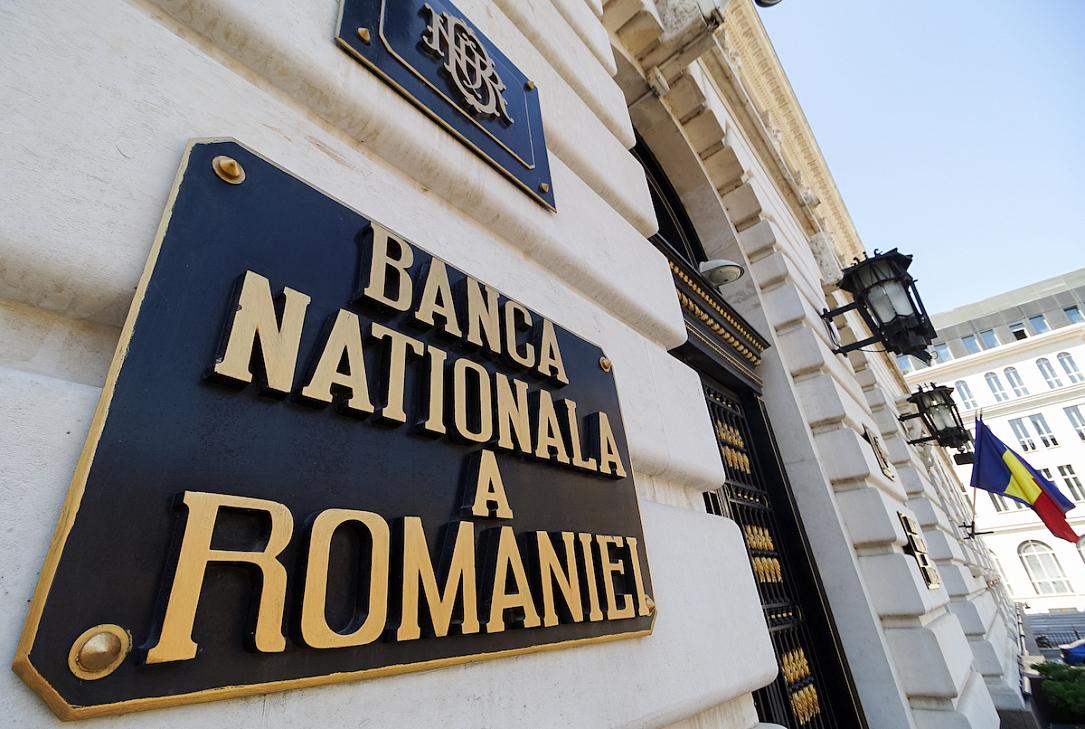Banks expect Romania's central bank to wait a bit longer before cutting policy rate



Romanian banks' analysts surveyed by Profit.ro expect the National Bank of Romania (BNR) to keep the monetary policy rate at 7% in its monetary policy board meeting on January 12, even if the inflation dropped more than expected, below the policy rate, in November and the economy is losing momentum perhaps more than anticipated. But the arguments for milder monetary policy are accumulating: disappointing growth rate, sluggish lending and shrinking real incomes of households.
Romanian banks expect the first rate cuts in May and the yearend policy rate at 5.5%-5.75%.
The expected inflation in the first quarter of the year following the "fiscal corrective package" approved by the government and the significant real wage increase are seen as the main elements BNR may consider when deferring the rate cuts that are, nevertheless, expected for this year.
"Despite the drop in inflation below the key rate in November, the expected increase in consumer prices in the first quarter and the postponement of the fiscal consolidation will probably delay the cut of the key rate until the meeting in May," says Ciprian Dascălu, chief economist of Romanian bank BCR.
"Indeed, inflation is now below the key rate, a condition for the BNR to start cutting interest rates. But with real financial conditions easing (as a result of excess liquidity), wages growing strongly and fueling future consumption, and the budget deficit larger than desired in coming years, we do not expect the central bank to see as sufficient the latest inflation data, and we also do not expect them to tone down their concerns related to the risks and pressures ahead," say ING Bank analysts Valentin Tătaru, Ștefan Poșea and Frantisek Taborsky.
Along the same note, ING said in a research note last December on the Q3 GDP figures that the figures "reinforce signs of resilience."
There are, however, increasingly frequent signs indicating a rate cut is becoming necessary: the households' incomes are contracting in real terms (by 5.3% y/y in Q3) despite the real increase in wages, and the bank lending keeps losing momentum with the stock of bank loans contracting in real terms.
iulian@romania-insider.com
(Photo source: Lcva/Dreamstime.com)